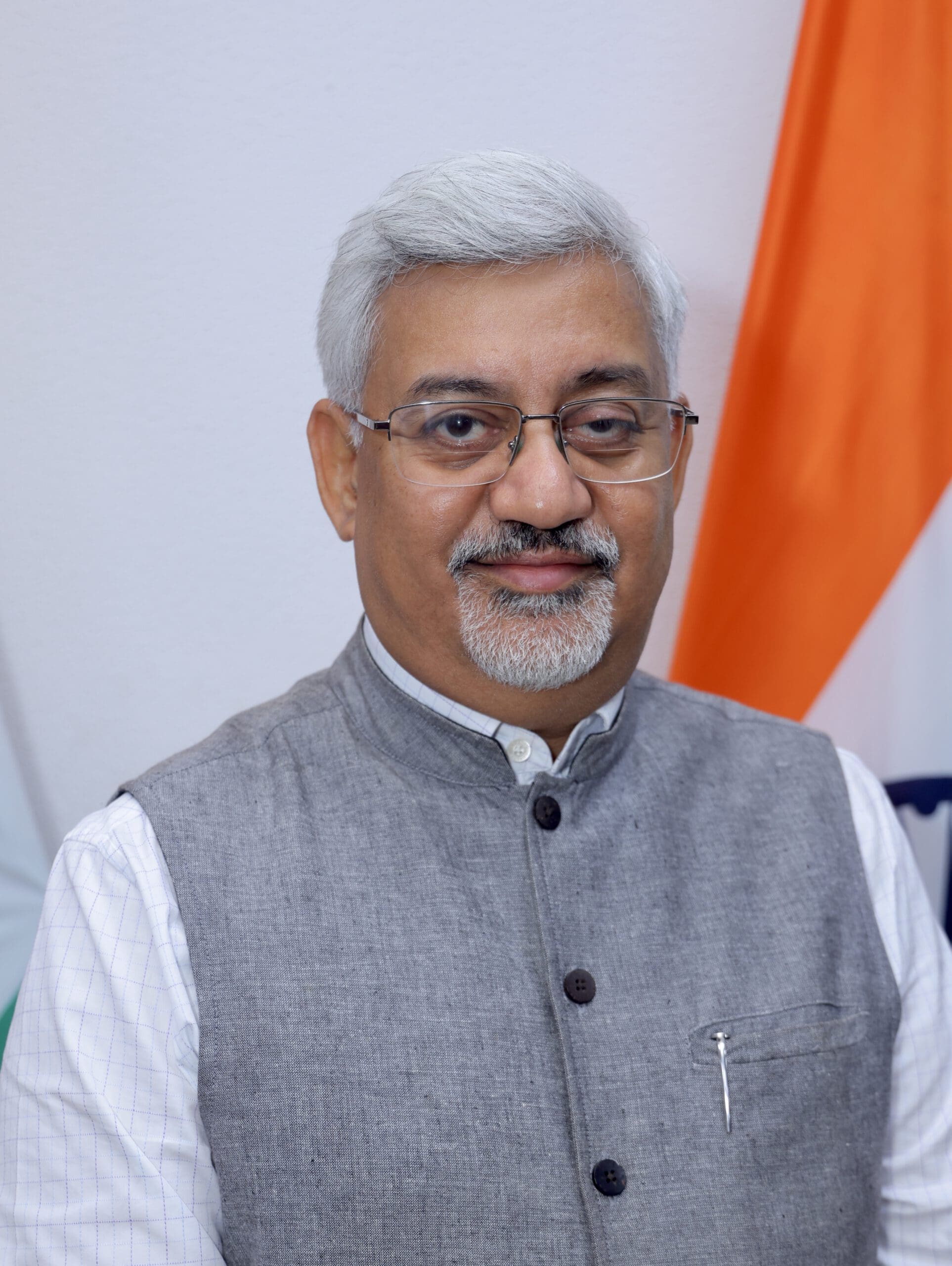Commerce Secretary Sunil Barthwal emphasized the importance of New Delhi Standards for Goods and Services in promoting global trade without acting as non-tariff barriers.
In his remarks at a G20 standards conclave organized by the Bureau of Indian Standards, Barthwal stated that these standards should be viewed as non-tariff measures, benefiting consumers and producers alike.
He expressed optimism about the potential impact on international trade, suggesting that if these standards are adopted widely, trade restrictions could be significantly reduced, enabling global trade to reach USD 30 trillion by 2025 and USD 2 trillion by 2030 for India.
Barthwal called for harmonization in the standards ecosystem because different countries setting their standards incurs costs for global trade. He highlighted that difficulties faced by producers and exporters often arise from the implementation process rather than the standards themselves.
Therefore, he stressed the need for coherence in the workings of standard-setting bodies and collaboration in the compliance ecosystem. Barthwal underlined the challenge of improving not only the standard setting for different products but also establishing efficient testing and conformity ecosystems to ensure that trade does not suffer due to these standards.
India is raising concerns in bilateral treaties about the need for conformity assessment of standards-setting bodies. The country believes there should be a thorough evaluation of these organizations to ensure consistency.
This move comes as India observes a growing trend in trade dynamics where tariff barriers have decreased, making trade easier. However, it is also witnessing a rise in non-tariff barriers, which is impacting trade flows.
In this context, standards play a crucial role as they are meant to be non-tariff measures that protect consumer interests by ensuring the availability of quality products. Unfortunately, standards are increasingly being perceived as non-tariff barriers rather than measures promoting optimal outcomes for both consumers and producers.
This issue calls for a discussion on re-evaluating how standards are viewed, potentially emphasizing their purpose as non-tariff measures rather than barriers. All stakeholders need to collaborate in finding solutions that strike a balance between trade facilitation and consumer protection.

